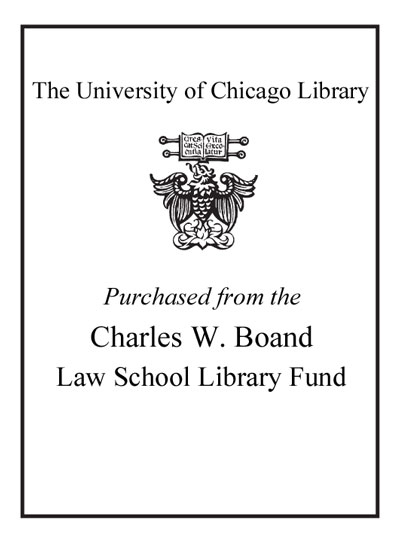Review by Choice Review
Morsink, author of three previous volumes on the Universal Declaration (UDHR), focuses this book on the galvanizing effects of the Holocaust in reconstructing the post-World War II order. The Holocaust led to two concurrent, interacting streams: a legal framework, starting with the Nuremberg trials, culminating in the International Criminal Court; and a moral movement, beginning with the UDHR and continuing through various global treaties. (A third post--World War II economic aspect linked to the creation of the World Bank and the IMF is mentioned but not discussed at length.) While the "idea" of human rights preceded the Holocaust, its horrendous mass slaughter stimulated the UDHR's 1948 text, which in turn gave birth to the human rights "system," all the while interacting with the "movement" of human rights. Morsink draws liberally from his preceding publications. Most of this book is devoted to extensive and insightful critiques of others' analyses. The Universal Declaration of Human Rights and the Holocaust is thus most useful in its exhaustive examination of recent scholarship and in reasserting the centrality of the Holocaust as a precipitating event in the human rights movement and legal system. Summing Up: Recommended. Graduate students through faculty. --Claude E. Welch, emeritus, University at Buffalo, SUNY
Copyright American Library Association, used with permission.
Review by Choice Review

